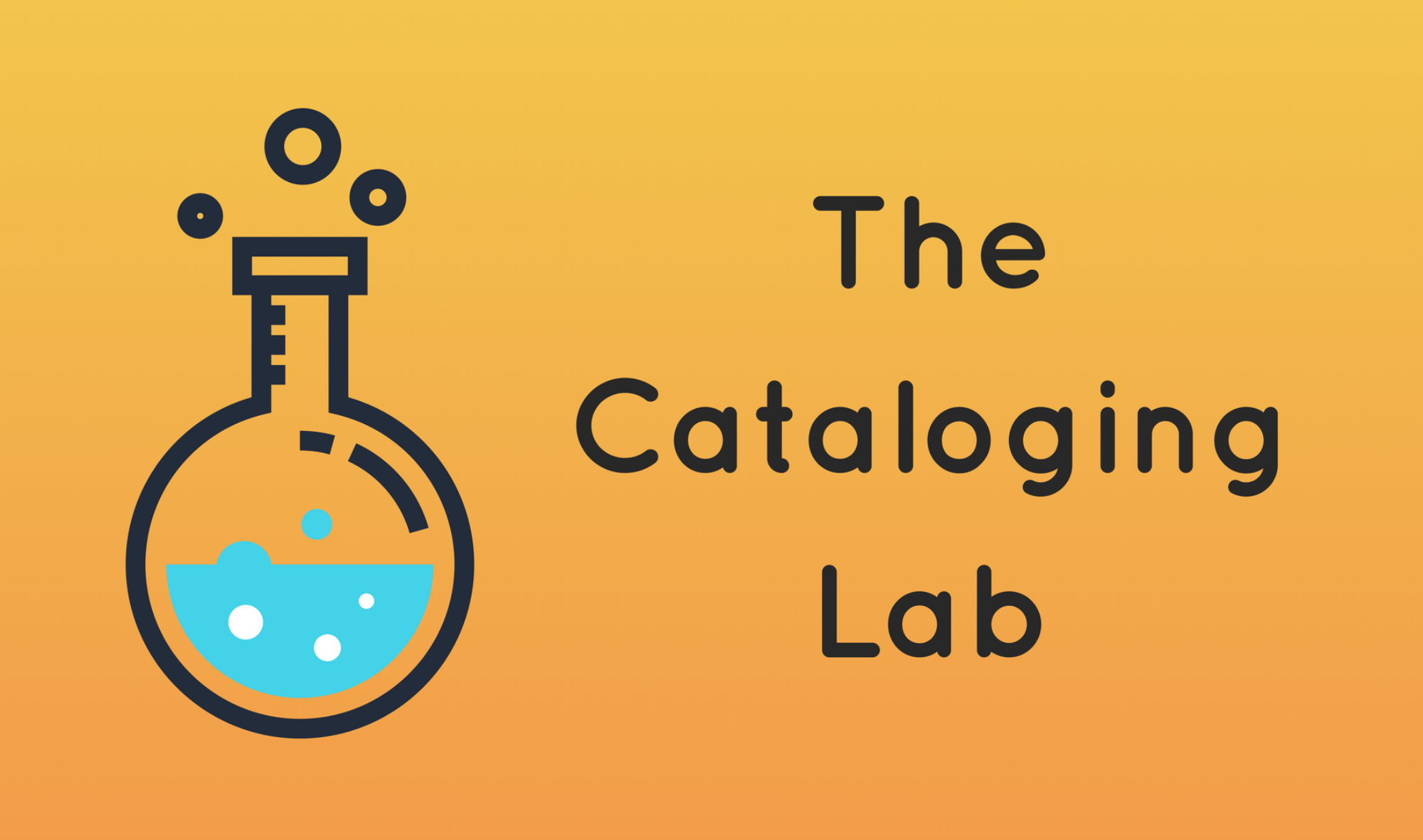Critcatenate is an effort to keep folks up to date on critcat efforts with a monthly-ish roundup of news. Critcat is short for critical cataloging, focusing on the ethical implications of library metadata, cataloging, and classification practice, standards, and infrastructure.
#critcat in July 2023:
- New article: Decolonising Description: Addressing Discriminatory Language in Scottish Public Heritage and Beyond by Carissa Chew in the Journal of Irish and Scottish Studies
- Find lots of great resources, especially from the United Kingdom, at Carissa Chew’s Cultural Heritage Terminology Network site
- Four flowcharts for the creation of advisory notices and subject indexing, created by Carissa Chew with the Glasgow School of Art Library
- New LC guidelines relating to subject headings for Indigenous peoples, encouraging contact with Indigenous groups when possible
- New PCC statement: PCC Position Statement on Personal Data in Name Authority Records
- New article: Improving Subject Description of an LGBTQ + Collection by
Joshua Hutchinson & Junjiro Nakatomi, describing work done to improve subject access to works in ONE Archives, including adding local subject headings - New paper: LGBTQ+ Catalog Users: A Brief Survey by Karen Snow, Heather Moulaison-Sandy and Brian Dobreski
- New recording: Collaborative cataloguing ethics: a code for all seasons presented by Jane Daniels, Karen Snow, Beth Shoemaker, Diane Pennington, May Chan & Sarah Furger at CALC 23 (Critical Approaches to Libraries)
- New recording: Using the Homosaurus in a public library consortium: a case study presented by Rachel Fischer at CALC 23 (Critical Approaches to Libraries)
- New slides available from the Metadata Justice in Oklahoma Libraries & Archives Symposium held in July 2023 (symposium program)
- New recordings available from the 2023 LD4 Conference. Critcat-related sessions included:
- Ethics in Linked Data Book Panel, presented by Bri Watson, Alexandra Provo, and Kathleen Burlingame, the editors of the new Ethics in Linked Data book to be published in August by Library Juice Press
- Proactive Strategies to Improve Underrepresentation in Public Knowledge Graphs: A Wikidata Sprint in UNLV Special Collections Highlighting LGBTQ+ Las Vegas, presented by Darnelle Melvin
- How do you model my gender? Studying gender representation in the Wikidata knowledge base, presented by the Wikidata Gender Diversity (WiGeDi) project
- Developing Multilingual LGBTQ+ Linked Open Vocabularies, presented by Shuai Wang
- New recording: Reparative Description: Confronting Anti-Blackness in Archives presented by Melissa J. Nelson and hosted by the Amherstburg Freedom Museum
- New twitter thread about a session titled “Reducing Harm with (Digital) Content Mediation” presented by Whitney Russell, Faith Charlton, Maggie Dickson, Sari Mauro, Alison Clemens, Tonia Sutherland, Dawn Schmitz, Adrienne Pruitt at the SAA (Society of American Archivists) 2023 conference, about reparative descriptive practices in archives
- New Facebook discussion about content warnings for individual bibliographic records with harmful language in transcribed fields
- New to me thesis: Controlled, In Control, and Out of Control: The Effects of Different Forms of Vocabulary Control on the Subject Indexing and Subject Tagging Processes by Chris Holstrom, including a section on “Vocabulary Control, Critical Cataloging, and Racial and Social Justice”
I’m doing a brief review of the new LCSH lists for headings that might be of interest to readers of Critcatenate. LCSH list numbers consist of a two-digit number for the year and a two-digit number for the month the headings were approved (for example, headings on list 2304 were approved in April 2023).
New LC headings of note on list 2304:
- New LCSH: Activism
- New scope note on established LCSH African American wit and humor: “Here are entered works on wit and humor written by African Americans. For works on the caricature of Black people, generally by non-Black people, through the use of makeup, mannerisms, speech patterns, etc. are entered under Blackface.” See similar new scope notes at LCSH Blackface, Blackface entertainers, Minstrels, etc.
- Revised LCSH: from Female circumcision to Female genital mutilation
- New LCSH: Gender-affirming care
- Revised LCSH: from Gender identity disorders to Gender dysphoria
- New LCSH: LGBT activism
- New LCSH: People with social disabilities–Nazi persecution
- Revised LCSH: from Indecent assault to Sexual assault
- Revised LCSH: from Sexual reorientation programs to Conversion therapy
- New LCSH: Solutionism
- New LCSH: Suburban Indians
- New LCSH: Transgender people–Medical care
- New LCSH: Transgender people–Psychology
- New LCSH: Turkey–History–Turkish-Kurdish Conflict, 1978-
- New LCSH: Urban exploration
- New LCSH: Witchcraft in activism
- New LCSH: Xenophobia in education
New LC genre/form headings of note on list 2304:
- New LCGFT: Oracle cards
- New LCGFT: Tarot cards
Upcoming:
- Thursday August 3: open discussion on proposing changes to “Hispanic Americans,” including potentially separating out “Latinos,” “Latina,” “Latinx,” etc.
- Tuesday August 8 (and repeated Thursday August 17): Rapid Harm Reduction with Locally Preferred Subjects in WorldCat Discovery. “Grace McGann will present on locally preferred subjects in WorldCat Discovery. This feature enables libraries to rapidly reduce harm in item description by defining local, inclusive subjects for display.”
- multiple dates: keep an eye on the UK Collections Trust website, which has upcoming events such as:
- Rethinking cataloguing discussion with Kathleen Lawther
- Auditing heritage collections for racist language and imagery with Carissa Chew
- Creating an inclusive language policy with Carissa Chew
- Creating catalogue advisory notices for racist materials with Carissa Chew

 (Editor’s note: sorry about putting his face here!!)
(Editor’s note: sorry about putting his face here!!)